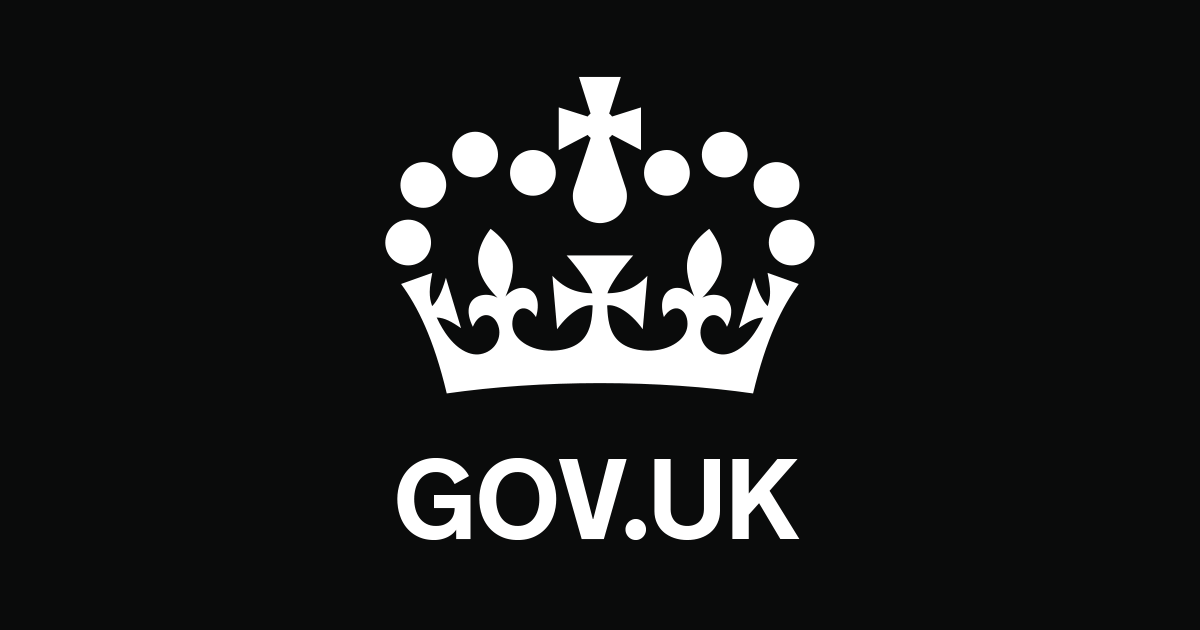Purpose
The purpose of this document is to provide public health principles to be taken into account when planning events, such as festivals, during the current monkeypox outbreak.
This guidance has been developed for local authorities, public health, and event organisers. It should be used as a guide to ensure appropriate measures are undertaken to protect public health.
This document follows the control strategy set out in the principles for monkeypox control in the UK.
Main messages
Event organisers should ensure information is available on safe behaviours for attendees, and that they have plans in place for the safe management of suspected cases and their contacts.
Event communications should reinforce the message that the following individuals should not attend the event:
- those who have tested positive for monkeypox and are currently isolating
- those who have symptoms compatible with monkeypox
- those who have been told they are a high or medium risk (category 3 or 2) contact and have been advised to self-isolate or avoid contact with people at higher risk of serious illness (young children, or individuals who are pregnant or immunosuppressed)
Background
Monkeypox is a rare viral infection, but recently there have been multiple cases in the UK and across the world. The current case definitions for confirmed, probable and possible cases are available.
General background information on monkeypox is also available.
Monkeypox infection mainly spreads between people through direct (skin to skin) contact, including sexual contact, or close contact via particles containing the monkeypox virus. Infection can also be spread via contaminated surfaces or objects such as linen and soft furnishings.
The current outbreak is primarily spreading through direct skin to skin contact.
Monkeypox infection is usually a self-limiting illness and most people recover within several weeks. However, severe illness can occur in young children or individuals who are…







